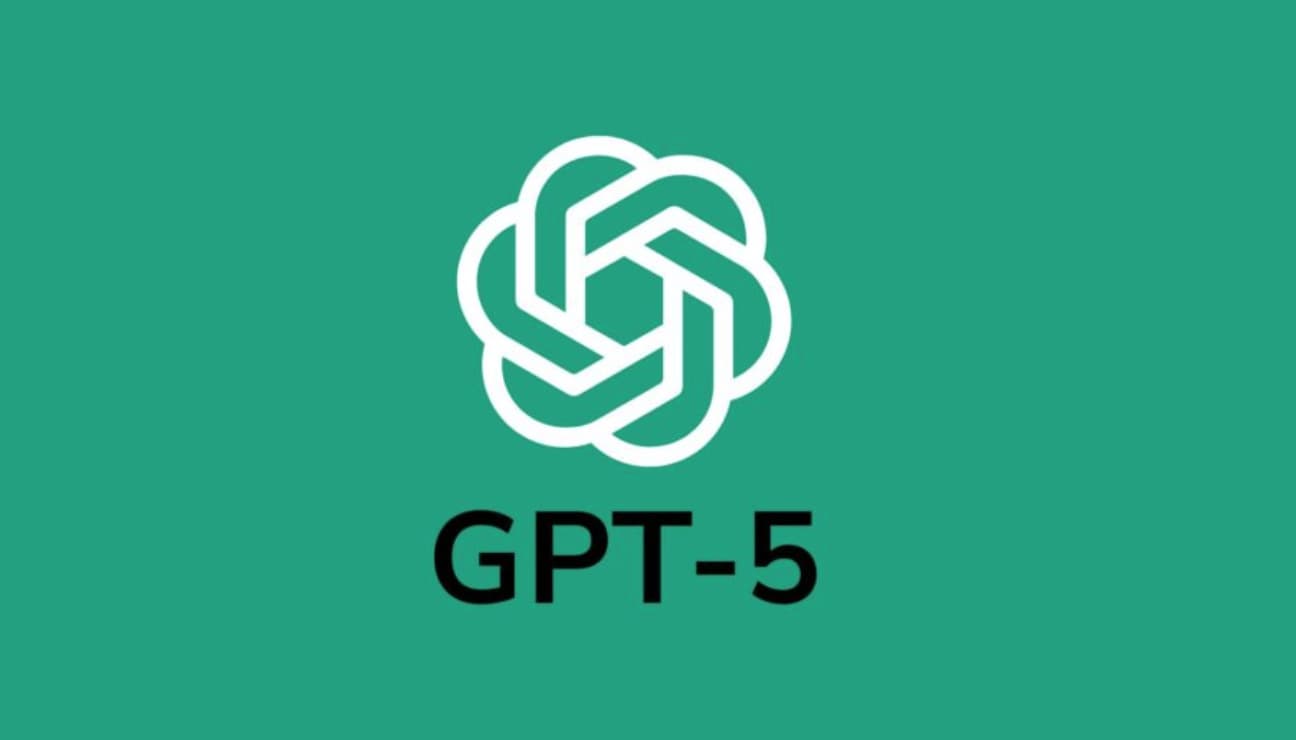I wondered what cars have been named after plants. The only one I could think of at first was the Toyota Sequoia. So I Googled it, first on my phone and later at home. One surprise was that I got different answers. Hmmm. Both reminded me of the Nissan Leaf and the car company name, Lotus. good. Both also mentioned the Toyota Corolla but here I disagree. Yes, the ring of petals around a flower is a corolla. but that is because it resembles a crown. And that is the meaning that Toyota had in mind because it went well with their larger Crown model. Both the car and the plant part are named after crowns. The car is not named after the plant part.Google realized this with the Dodge Aspen since it was named after the town, not the tree.
But then AI Google dropped off the rails. On my phone it suggested the VW Beetle. WTF? It claims the image of beetles crawling around trees evoked a plant in our minds. And the Ford Fusion because that could refer to a flowering plant. At home it suggested the Ford Mustang. Images of the majestic steed running through the grassy plains, etc. I don’t think so. But wait, now neither of those answers shows up. Why? Did it learn more already?
Then it gave a long list of former car names from around the world. I didn’t recognize any of them. They looked made up, in fact. Now that list no longer appears. This whole thing is goofy.
